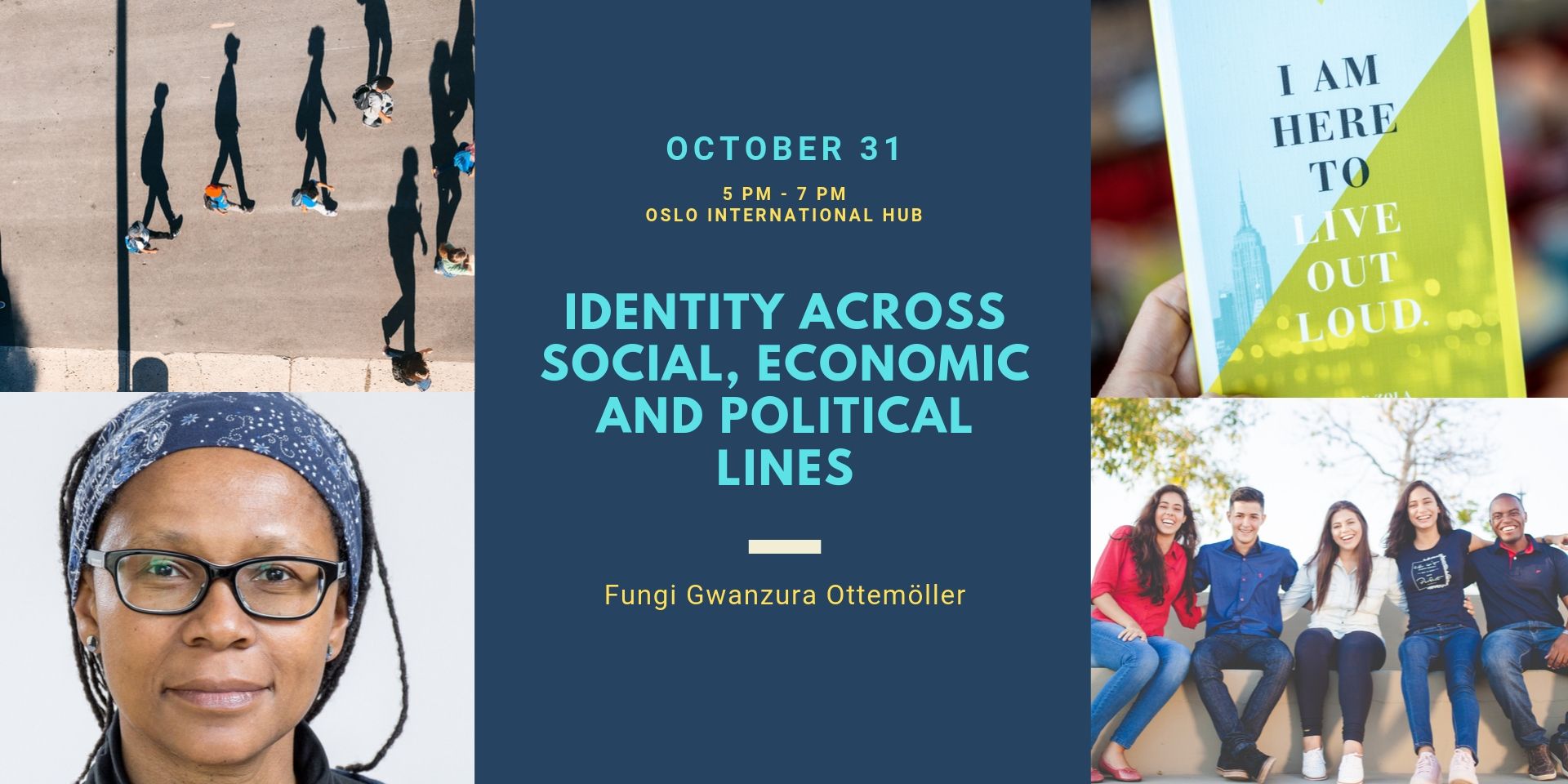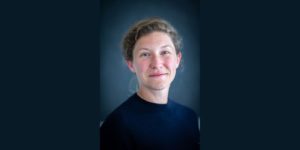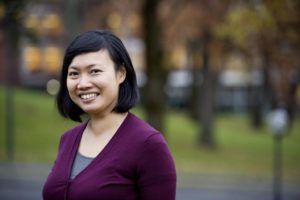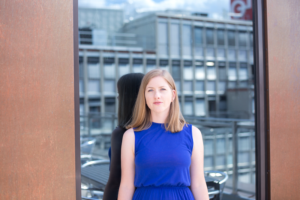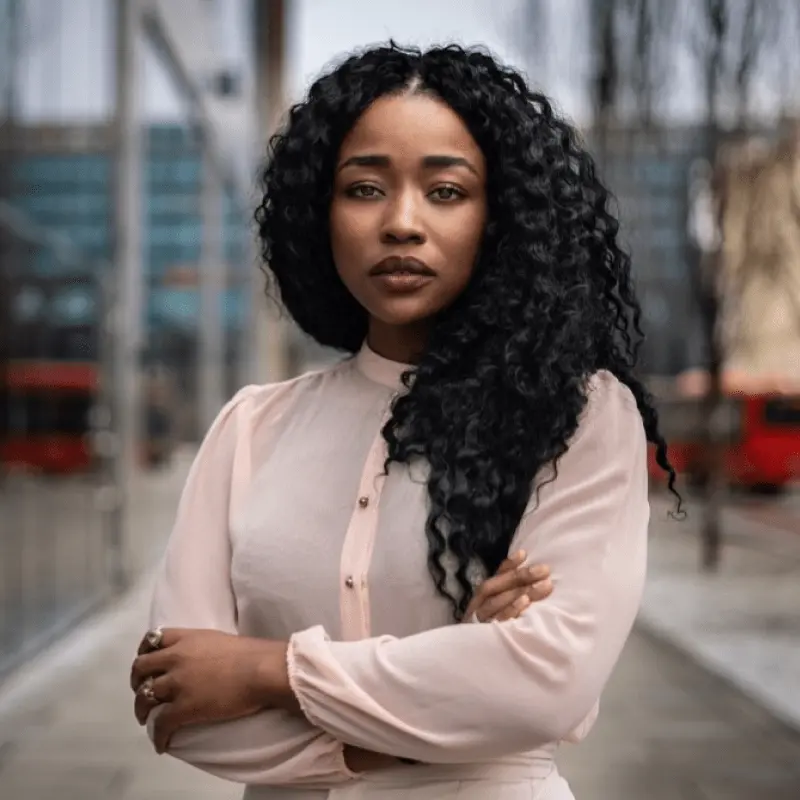The last session in our Youth Series was a phenomenal close to our 2019’s series that addressed Mental Health and Wellness. This segment focused on Identity Across Social, Economic and Political Lines and was facilitated by Fungi Gwanzura Ottemöller, an Associate Professor at Bergen University. Fungi’s research at the University focuses on Health Promotion – a process of enabling people to take control of their own health. She approaches health and wellbeing from a salutogenic perspective which, as opposed to medical model of dichotomy between health and illness, sees that relationship as a continuous variable between ease and dis-ease. In this regard, salutogenesis focuses on factors that support sound health and wellbeing.
At the beginning of the session, Fungi shared her story of how her identity was formed and evolved through various phases of her life:
- Her childhood experiences.
- The occurrences she underwent first as a young woman in her home country, Zimbabwe.
- How her life changed by moving to Norway and the events that took place thereafter.
Fungi engaged and educated the participants by clarifying that life moves on a continuum and thus, even in the periods of dis-ease, we can have wellbeing – if we are mentally and spiritually at ease with ourselves. This is connected to how high our sense of coherence is, herein, how much life makes sense to us. This is the point Fungi uses in researching migration, namely immigrants and refugees who come to Norway – she considers how people deal with entering a new environment, what meaning or impact it has on them, how they understand it, and whether or not their experiences have been worthwhile.
In exploring identity and migration, Fungi does not focus on factors that cause distress, but rather on the strengths and resources immigrants and refugees bring with them. She evaluates the tools that can be implemented to strengthen people via their new experience, and although seemingly difficult, how these tools and occurrences can be utilized to build people up, and enhance their overall health and welfare.
Another important point which has to be taken into account when dealing with a new environment is the theory of acculturation – the changes that happen from the individual and cultural perspective when two cultures meet. When coming to Norway (or moving elsewhere) a person can choose the following:
- Assimilate and completely adopt the new culture, thereby, forgetting their own.
- Separate and reject Norwegian culture
- Integrate by adopting some aspects of Norwegian culture, while still keeping their own culture.
Nonetheless, a country like Norway still falls short where integration is concerned. According to research, the integration agenda in Norway is unfortunately in most part, an assimilation agenda, and this might be why many people struggle to feel fully integrated.
To move things along from theory to practice, Fungi actively incorporated the participants in the session. We were asked to share the things we felt comfortable with about our identities, which rippled into various reflective discussions into the participants diverse experiences and their interpretations of it.
One of the activities initiated by Fungi required us to write out the following: How do we see ourselves (i.e. traits, values); how do others see us, and how we would prefer to be seen. We were thereafter broken up into smaller groups of 4 to 5 people to further discuss similarities and differences in our identities. Thereafter, we were brought back into the larger group and asked to share. This exercise led to an interesting conversation that mirrored the different markers (i.e. based on employment status, academic qualifications, marital status, family background, values, personality, gender) through which people identified.
And although this session was scheduled to hold for 2 hours, it lasted more than 3 hours, as everyone was fully engaged and, quite frankly, did not want it to end. Fungi graciously facilitated this session and important topic with pure ease, and drew out relevant experiences from the diverse group present (i.e. Norwegians and internationals, and male and female alike). By being so open and sharing the experiences that shaped her, Fungi gave the participants the permission to introspect and share.
We are very grateful to Fungi, for coming up from Bergen to lead and guide us through this workshop. We look forward to many more workshops and collaboration with Fungi in 2020.
